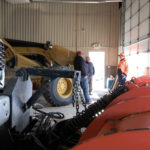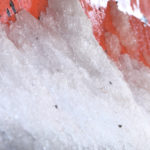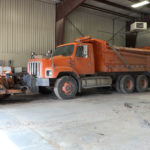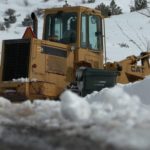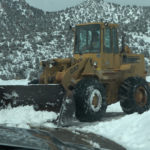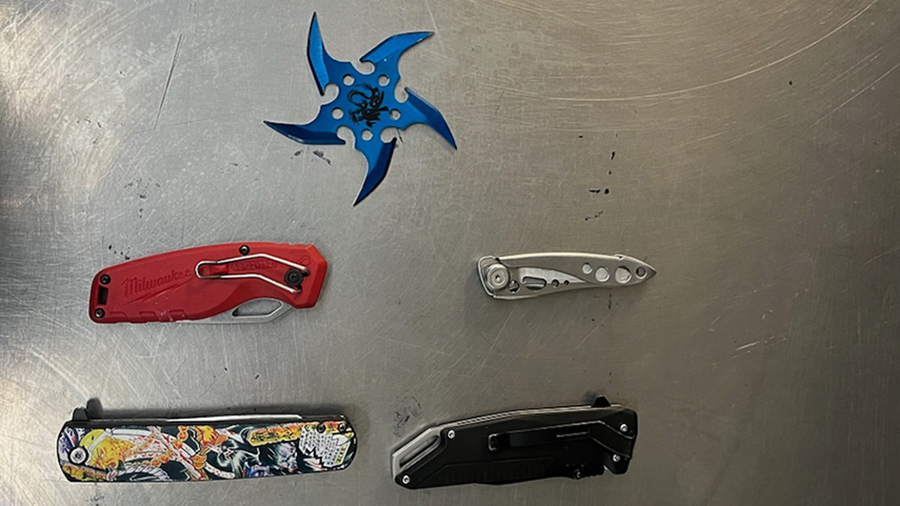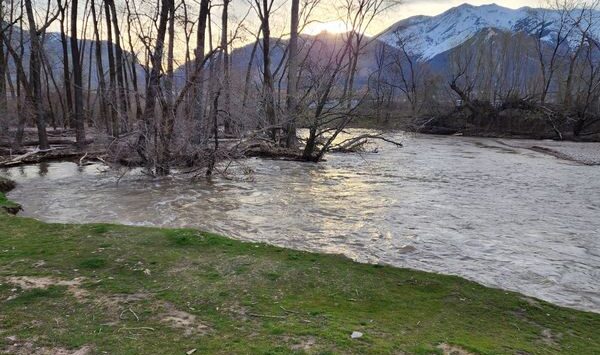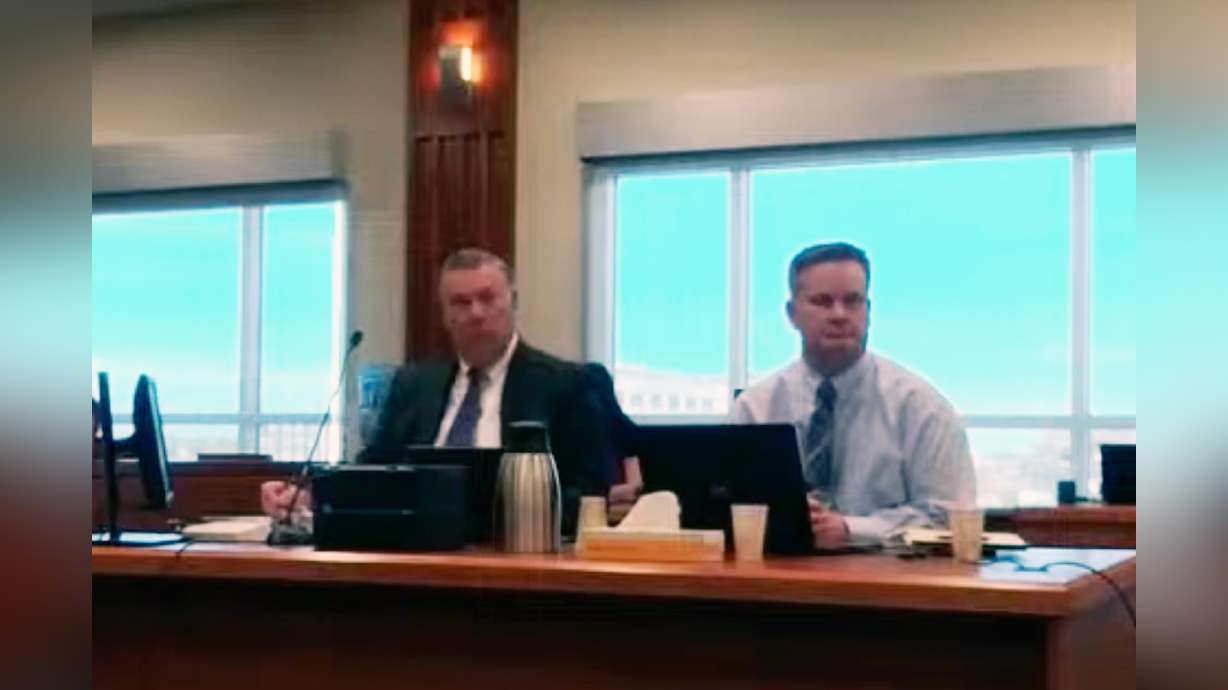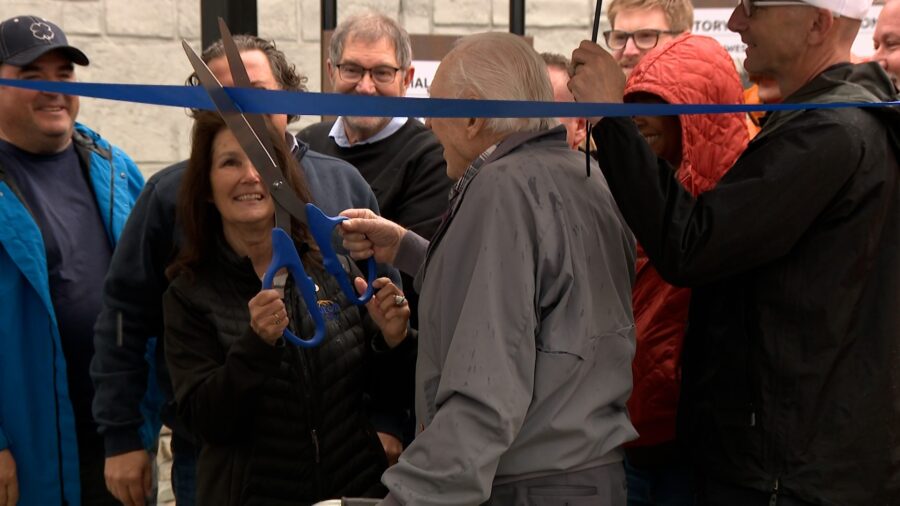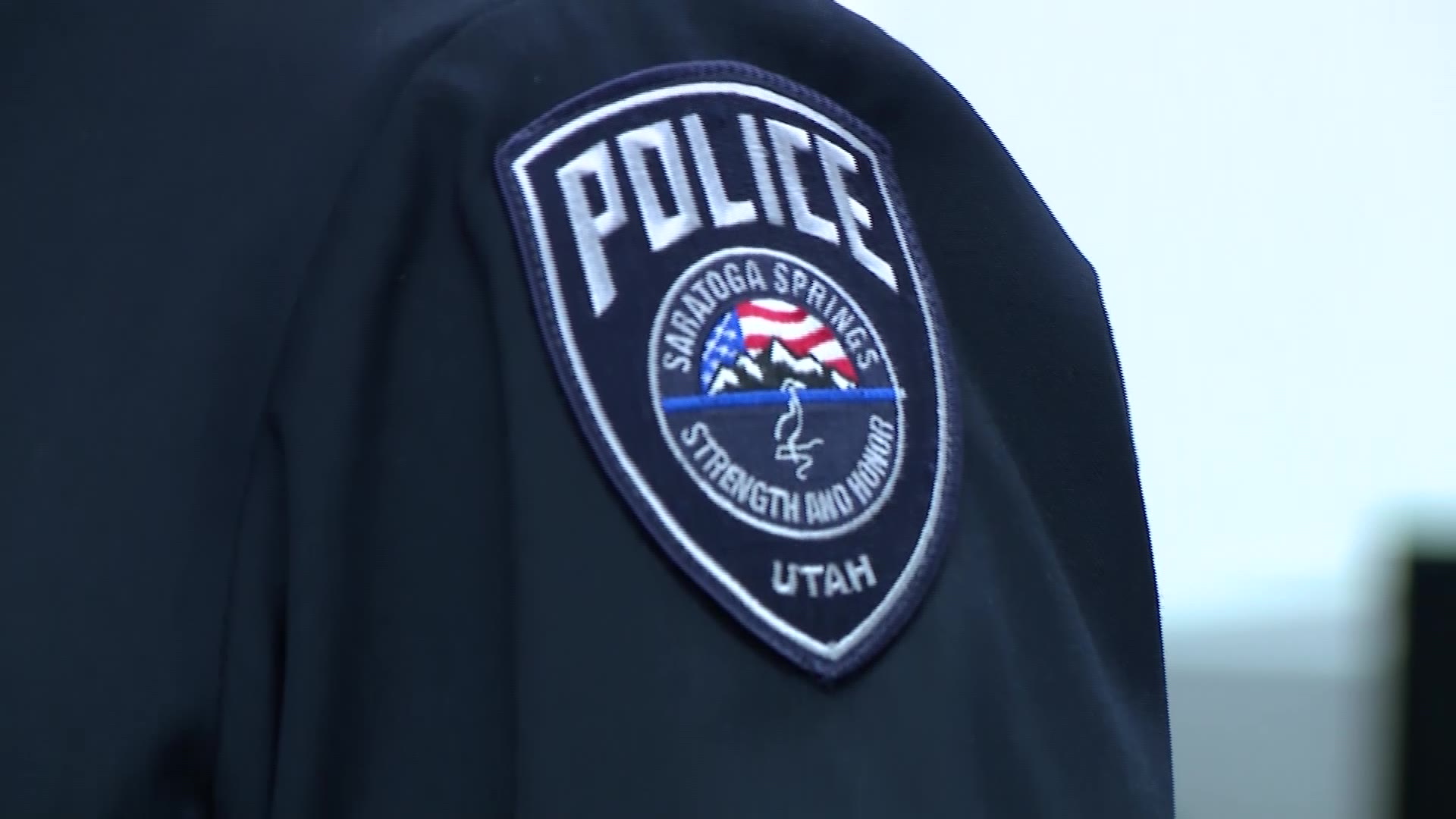Rural Utah snowplow budgets busted
Mar 2, 2023, 9:22 PM | Updated: Mar 3, 2023, 6:15 am
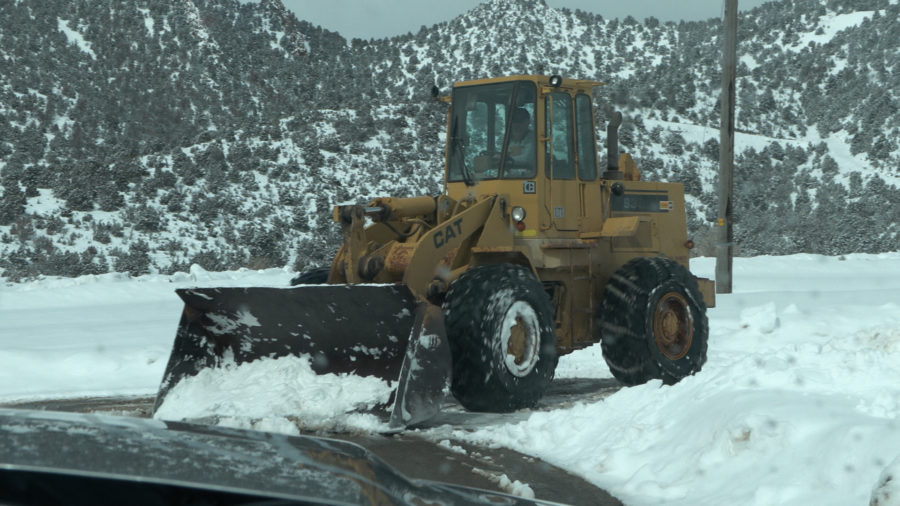
JUAB COUNTY, Utah — There are a lot of long, lonely roads in Juab County: more than 1,300 miles of them both paved and graded dirt. After snowstorms, every single one of them has to be plowed.
This winter there has been a lot of plowing.
“This is the road that goes up into Mammoth,” Lynn Ingram said. “You can see the amount of snow that is still left.”
Even in remote areas like Trout Creek, Partoun and Callao in the West Desert, it is Ingram’s job as road superintendent to make sure the few people who live out there can get around.
“They need to get to town just as much as anybody else,” Ingram said. “People’s kids going to school, wives going to work or the grocery store, people trying to get to their jobs.”
Ingram has two snow plow workers based in the West Desert, two near Eureka, and five more workers based near Nephi.
That means they’re all busy during a big snowstorm, like the one that hit Utah last week.
“Everyone was working,” Ingram said.
There are also times when his crews don’t know a road is covered with snow.
“One of the problems we run into is that some of it is so remote, we’ll have storms out there that we don’t know about,” he said. “People might not travel on it for days, so we won’t know about it until someone is trying to get through.”
Juab County budgeted $2.9 million this year to plow all the county roads.
With as much snow as we’ve had so far, that money is about the only thing that has melted away.
“The budget that we had for salt is gone,” Juab County Commissioner Clint Painter said. “We set a budget and had the same budget for three years. We raised it 20% three years ago, and it’s already gone for this year two months in. And we still have about a month to go.”
With as much overtime as snowplow drivers are working because of constant storms, as well as the increased price of fuel, tires and maintenance for plows, it means other projects get put on hold.
“We pull out of different budgets from within the road department,” Painter said. “We wanted to put a roof over one of our salt sheds that doesn’t have a roof but the money for that will have to go to snow removal.”
No matter what the cost to plow, though, it has to get done.
“We also spend a lot of time maintaining the vehicles,” Ingram said. “When we’re out plowing the snow builds up on the plow and we can’t see if there are any missing nuts or bolts or parts that need to be replaced. We bring them into the garage and let the snow melt off them to see. We’re constantly preparing for the next storm.”
Another problem with all the snow is that it’s making the conditions of the roads worse this winter with potholes and other repairs that need to be done.
Especially on all the graded dirt roads Juab County has to maintain.
That is going to cost extra money as well, but the county administrators won’t know how much until winter fades away.
“I’m ready for the spring,” Ingram said with a laugh.
Rural counties may not have big snow removal budgets like larger cities, but they do have that sense of pride in getting the job done.
“It is a rewarding job to know that we get out there and do the best we can with what we have,” Ingram said.


